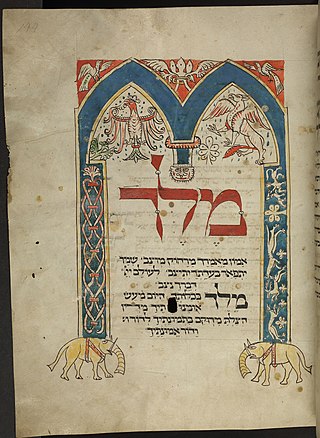
Malik is the Semitic term translating to "king", recorded in East Semitic and Arabic, and as mlk in Northwest Semitic during the Late Bronze Age.
Malik-Shah, also transliterated as Malek-Shah, Malikshah or Melikshah, may refer to:

The Chobanids or the Chupanids were descendants of a Mongol family of the Suldus clan that came to prominence in 14th century Persia. At first serving under the Ilkhans, they took de facto control of the territory after the fall of the Ilkhanate. The Chobanids ruled over Azerbaijan, Arrān, parts of Asia Minor, Mesopotamia, and west central Persia, while the Jalayirids took control in Baghdad.
Hasan Kuchak or Ḥasan-i Kūchik was a Chupanid prince during the 14th century. He is credited with setting up a nearly independent Chupanid state in Iran during the struggles taking place in the aftermath of the Ilkhanate. He effectively became kingmaker like his namesake Hasan Buzurg.
Malek is a masculine Arabic given name. It also denotes king written. It may refer to:

Charles Habib Malik was a Lebanese academic, diplomat, philosopher, and politician. He served as the Lebanese representative to the United Nations, the President of the Commission on Human Rights and the United Nations General Assembly, a member of the Lebanese Cabinet, the head of the Ministry of Culture and Higher Education and of the Ministry of Foreign Affairs and Emigration, as well as being a theologian. He participated in the drafting of the 1948 Universal Declaration of Human Rights.
Malik is a Semitic word meaning "king" or "chieftain", and a Greenlandic meaning "wave".
Abdul Malik is an Arabic male given name and, in modern usage, surname. It is built from the Arabic words Abd, al- and Malik. The name means "servant of the King", in the Christian instance 'King' meaning 'King of Kings' as in Jesus Christ and in Islam, Al-Malik being one of the names of God in the Qur'an, which give rise to the Muslim theophoric names.
Malik is a surname deriving from the Arabic word malik, meaning "king" or "chieftain". The title "Malik" was granted to many Jats in India, and began to be used a surname in the 14th century. Malik is also found in Ror people of Haryana.
Malik, Maleek, Malek or Malyk is a given name of Semitic origin. It is both used as first name and surname originally mainly in Western Asia by Semitic speaking Christians, Muslims and Jews of varying ethnicities, before spreading to countries in the Caucasus, South Asia, Central Asia, North Africa and Southeast Asia where most users are Muslim.
Abdul Malik is a given name.
Deh Malek or Deh-e Malek or Dehmalek, also rendered as Deh Malik, may refer to:
Qanat-e Malek, also known as Kahnau Malik or Kahnū Malek, is a village in Javaran Rural District, Hanza District, Rabor County, Kerman Province, Iran. At the 2006 census, its population was 338, in 77 families.
Qanat-e Malek, also rendered as Qanat-i-Malik, may refer to:
Deh-e Malek is a village in Rayen Rural District, Rayen District, Kerman County, Kerman Province, Iran. At the 2006 census, its population was 233, in 51 families.
Malek Tappeh is a village in Miyan Darband Rural District, in the Central District of Kermanshah County, Kermanshah Province, Iran.
Qarajeh Malek is a village in Ozomdel-e Jonubi Rural District, in the Central District of Varzaqan County, East Azerbaijan Province, Iran. At the 2006 census, its population was 75, in 16 families.
Malek is a masculine Arabic given name. It also denotes king written. Notable people with the name include:
Ahmed Malik or Malek may refer to:
This page is based on this
Wikipedia article Text is available under the
CC BY-SA 4.0 license; additional terms may apply.
Images, videos and audio are available under their respective licenses.


